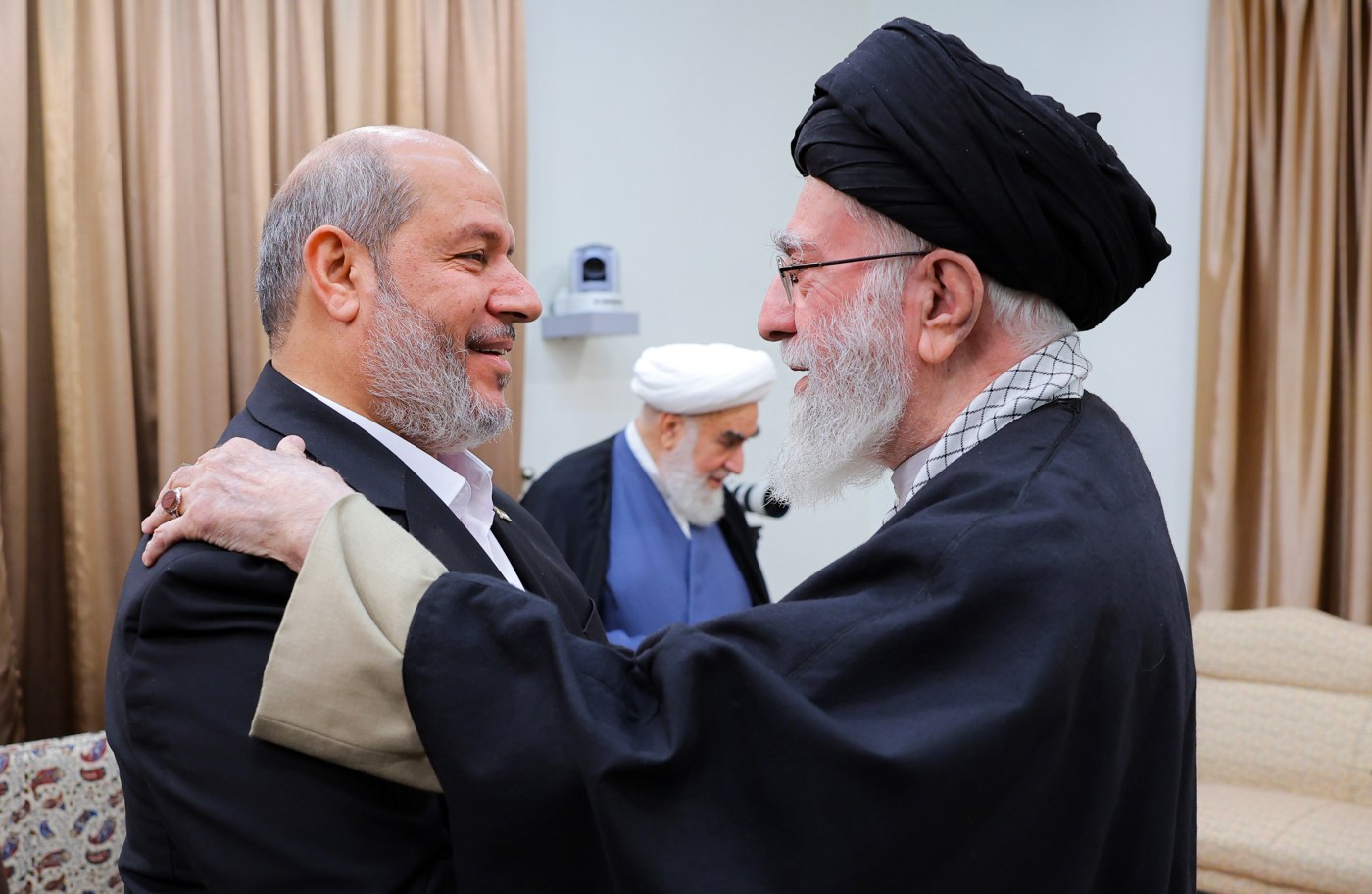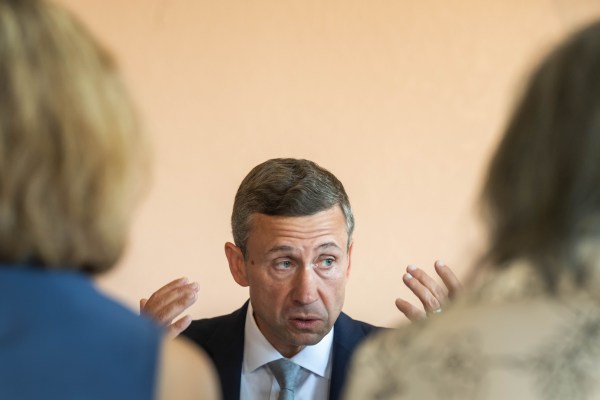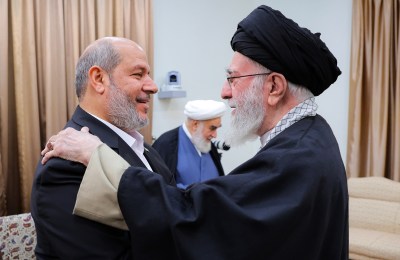As the war in Gaza drags on, so do negotiations for the release of the remaining 48 Israeli hostages (20 alive and 28 deceased) currently held by Hamas. The decision-making body on the Israeli side of these negotiations is, of course, the Israeli government. The Hamas counterpart, however, has not always been easy to identify.
There are leaders on the ground in Gaza, like Izz al-Din al-Haddad, who directs Hamas’ military operations as leader of Hamas’ al-Qassam Brigades while also weighing in on the hostage diplomacy. Outside of Gaza, a gaggle of Hamas figures also participates in ceasefire negotiations. The leading figure among them is Khalil al-Hayya, who was reportedly appointed as Hamas’ leader in Gaza. In Hamas’ leadership structure, there are two main leaders: one based externally and one inside Gaza. The current leadership body based in Qatar is composed of five individuals, with Khalid Meshaal and Khalil al-Hayya being the most prominent. However, al-Hayya is often portrayed in Arabic media as Hamas’ leader in Gaza. The role is distinct from the position of Hamas’ military leader in Gaza, which is usually held by the commander of the group’s armed wing. The Hamas leader in Gaza is a position once held by infamous Hamas figures Yahya Sinwar and Ismail Haniyeh. Al-Hayya splits his time between Qatar and Turkey.
Al-Hayya has long held roles in Hamas’ leadership. He served as the group’s lead negotiator in the talks that followed the wars Hamas fought in 2012 and 2014 against Israel. He was the leader of Hamas’ parliamentary bloc in the Palestinian Legislative Council from 2006. In 2017, Yahya Sinwar, then the leader of Hamas in the Gaza Strip, appointed al-Hayya as his deputy, and Hamas' political bureau reelected al-Hayya for that role in 2021.
Al-Hayya was also involved in the 2022 reconciliation process with former Syrian dictator Bashar al-Assad. Hamas maintained offices in Damascus until 2012, when it fell out with Assad during the early days of the Syrian civil war and moved its headquarters to Qatar. Reconciliation between Assad and Hamas facilitated renewed ties and funding from the Islamic Republic of Iran. Following the elimination of Sinwar by Israel in October of last year, al-Hayya was reportedly appointed as the leader of Hamas in Gaza, despite living abroad.
Interestingly, al-Hayya’s role as hostage deal negotiator for Hamas is not a new one for him. He participated in the hostage negotiations after Hamas kidnapped Israeli soldier Gilad Shalit in 2006, and Israel subsequently traded 1,000 Palestinian prisoners for his release in 2011. Al-Hayya was hardly the only Hamas leader to say it, but he proclaimed that the Shalit deal proved that kidnapping works, and he promised more abductions.
The New York Times reported in October 2024 that Al-Hayya was a key planner of the October 7, 2023, attacks, during which Hamas seized 251 Israeli hostages and took them to Gaza. According to the Times, Al-Hayya led meetings with Iran's Islamic Revolutionary Guard Corps (IRGC) in Lebanon to convince both the Iranians and Hezbollah to coordinate military fronts and join Hamas in their attacks against Israel.
And so Israel and the U.S. find themselves negotiating the return of hostages with one of the men responsible for their capture. Instead of abiding this untenable situation, the U.S. should designate al-Hayya as a terrorist and bar him from any further negotiations. While it’s at it, the U.S. should pressure Qatar by threatening to revoke its Major Non-NATO Ally status, given that Doha continues to mediate the negotiations despite being a state sponsor of Hamas. Al-Hayya’s presence there has been tolerated for far too long, as has the presence of multiple other Hamas leaders responsible for nearly two years of carnage in the Middle East.
Some might argue that punitive actions against al-Hayya would be counterproductive, given his role in the hostage negotiations. This might explain why the U.S. has yet to sanction him. However, al-Hayya has not played a productive role. He has spurned multiple deals that have been put on the table to end the war. Notably, he rejected the idea of Hamas' disarmament or removing key Hamas leaders from Gaza.
Instead, he has doubled down on his terror group’s radical positions, saying that the October 7 attack was “a military accomplishment” and a “source of pride for our people.” He has also attacked the governments of Egypt and Jordan, urging their people to “escalate popular resistance.” Stakeholders in those countries did not miss the irony. They accused him of hypocrisy and inciting chaos, while he sits in “luxury hotels” in Qatar.
Continuing to tolerate al-Hayya as a negotiator will not bring a resolution to this conflict, as both past and recent history indicate. Designating him as a leading Hamas terrorist who plunged the region into a war, combined with other political pressure, should remove al-Hayya from the negotiation process and make way for other actors more willing to compromise and to end the war on the right terms.






Please note that we at The Dispatch hold ourselves, our work, and our commenters to a higher standard than other places on the internet. We welcome comments that foster genuine debate or discussion—including comments critical of us or our work—but responses that include ad hominem attacks on fellow Dispatch members or are intended to stoke fear and anger may be moderated.
With your membership, you only have the ability to comment on The Morning Dispatch articles. Consider upgrading to join the conversation everywhere.